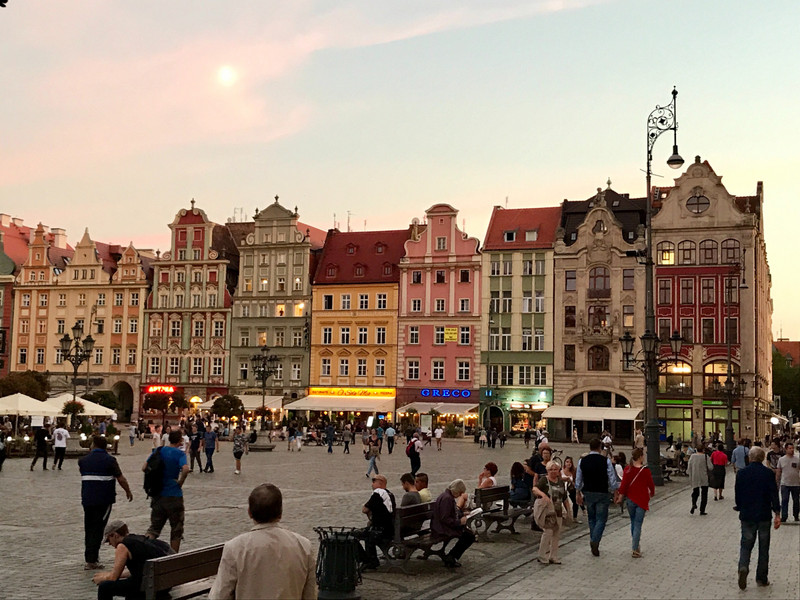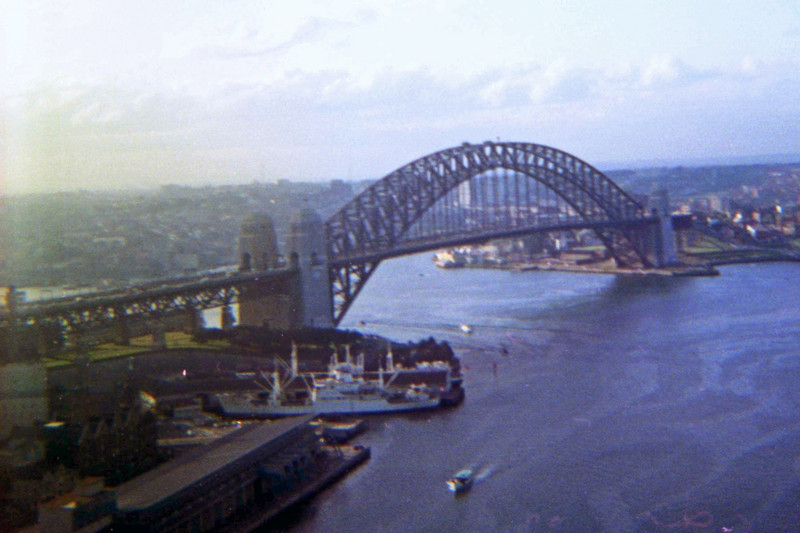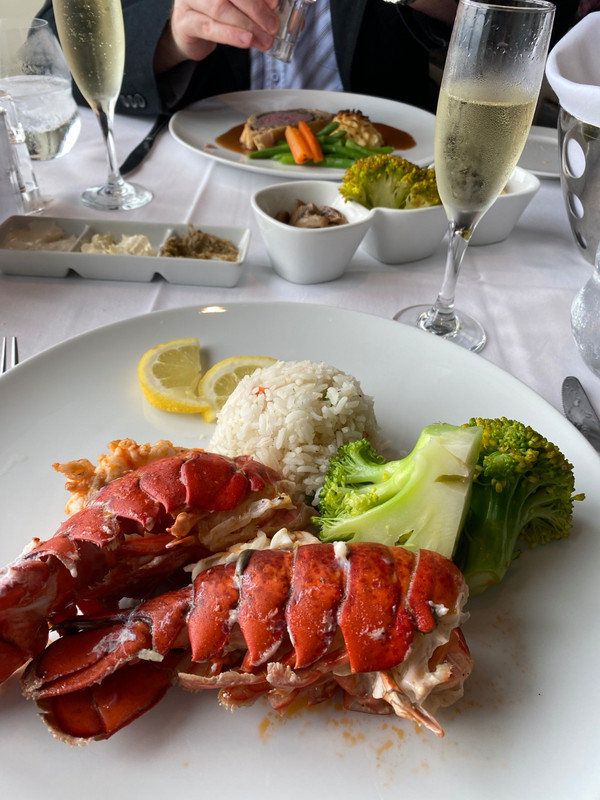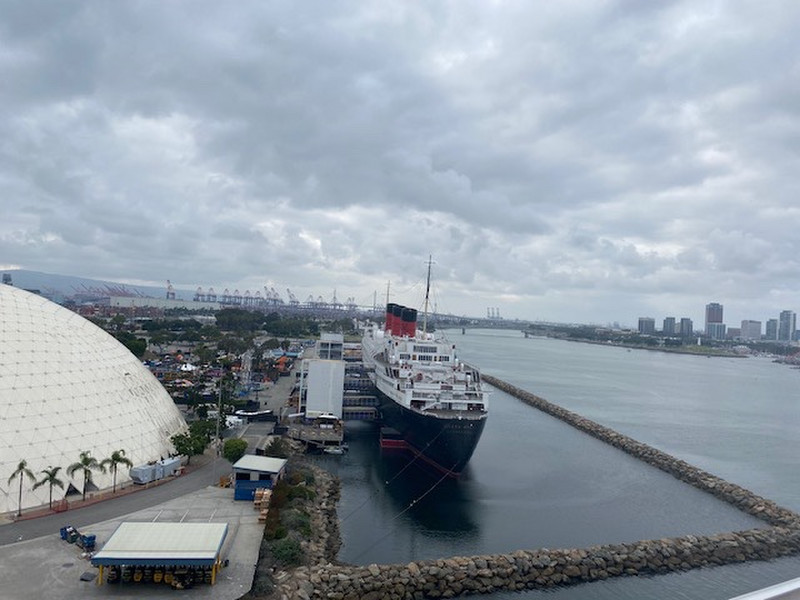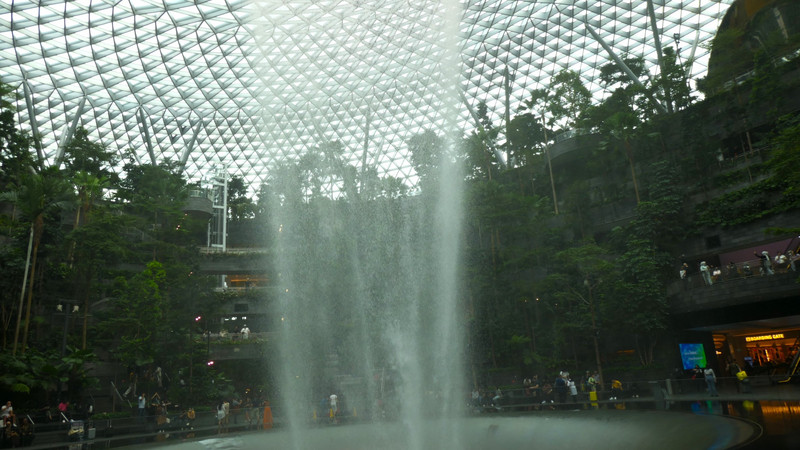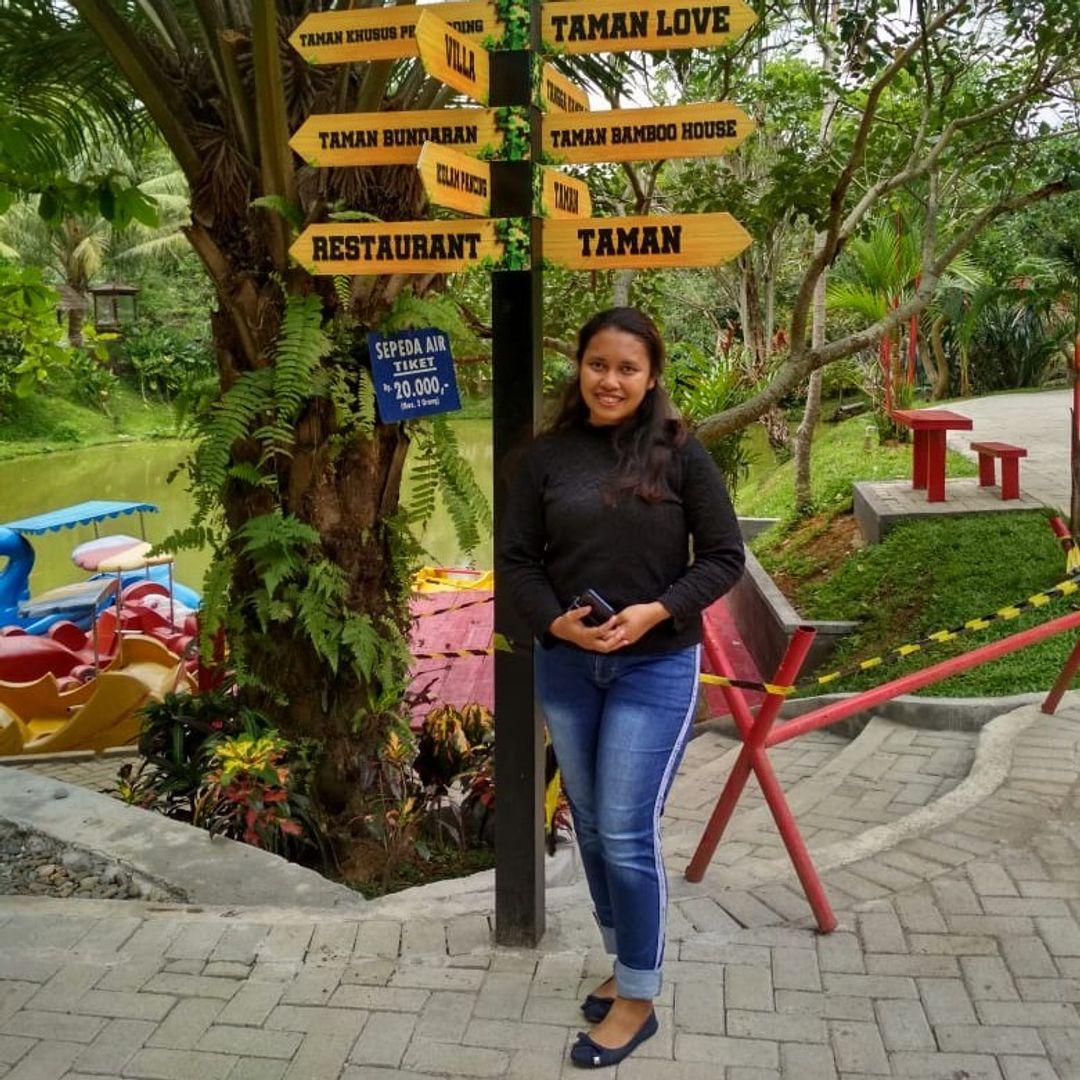Rynek we Wrocławiu - Market Square at dusk. South side of the Market Square - Złotego Pucharu (Golden Cup). Near the centre of the Altstadt is the Ring, originally the the four sides of which bear different 1910. IMG_5584
Leaving Oświęcim after lunch, the Globus took us through southwestern Poland via the Autostrady A4 motorway. This was Lower Silesia, an area of Poland that had been under Austrian and then German control from the 16th century until 1945. We arrived at our destination, Wrocław, at about 6:15 p.m. and checked in to the Art Hotel. Our room looked out over the Old Town.
Wrocław was known as Breslau until 1945 and was very much a German city at that time. Like Warsaw, it was greatly damaged during World War II, but the historic structures in the old town have been restored.In the evening everyone attended a dinner at Karczma Lwowska on the Market Square (Rynek). (Karczma means Inn and many restaurants around the region use this nomenclature.) We were in for a hearty Polish meal! The food was characterized as Lww style cuisine: Pt with black currant sauce appetizer; Zupa Chlebowa (a type of Zurek); and finally a Mixed Grill with beef, kielbasa and baked potato. Yum!
After dinner thee was time to begin exploring the Market Square. The Market Square was illuminated after dark as had been Krakws.
Karczma Lwowska restaurant at night. Originally Kamienica Pod Złotym Orłem - Tenant house Under the Golden Eagle. Built in 1564, rebuilt after the war in 1945. Adaptive reuse as a hair salon and then as a restaurant in 1996. Rynek 4, Wrocław. IMG_5605
at dinner highlighted a fact I was to learn about Wrocław. After 1945 when the borders of Poland were altered, loosing eastern territory to Ukraine and graining western territory from Germany, the population was also shifted. Lww in Poland became Lviv in Ukraine (It had been Lemberg during the Austrian partition.) Polish speaking people from territory were moved into the the area around Wrocław, while German speaking people from the former Breslau were moved west to Germany. The movement often meant loss of homes and property without compensation.
